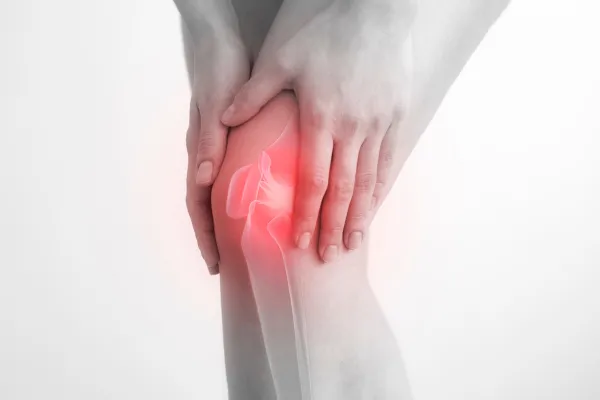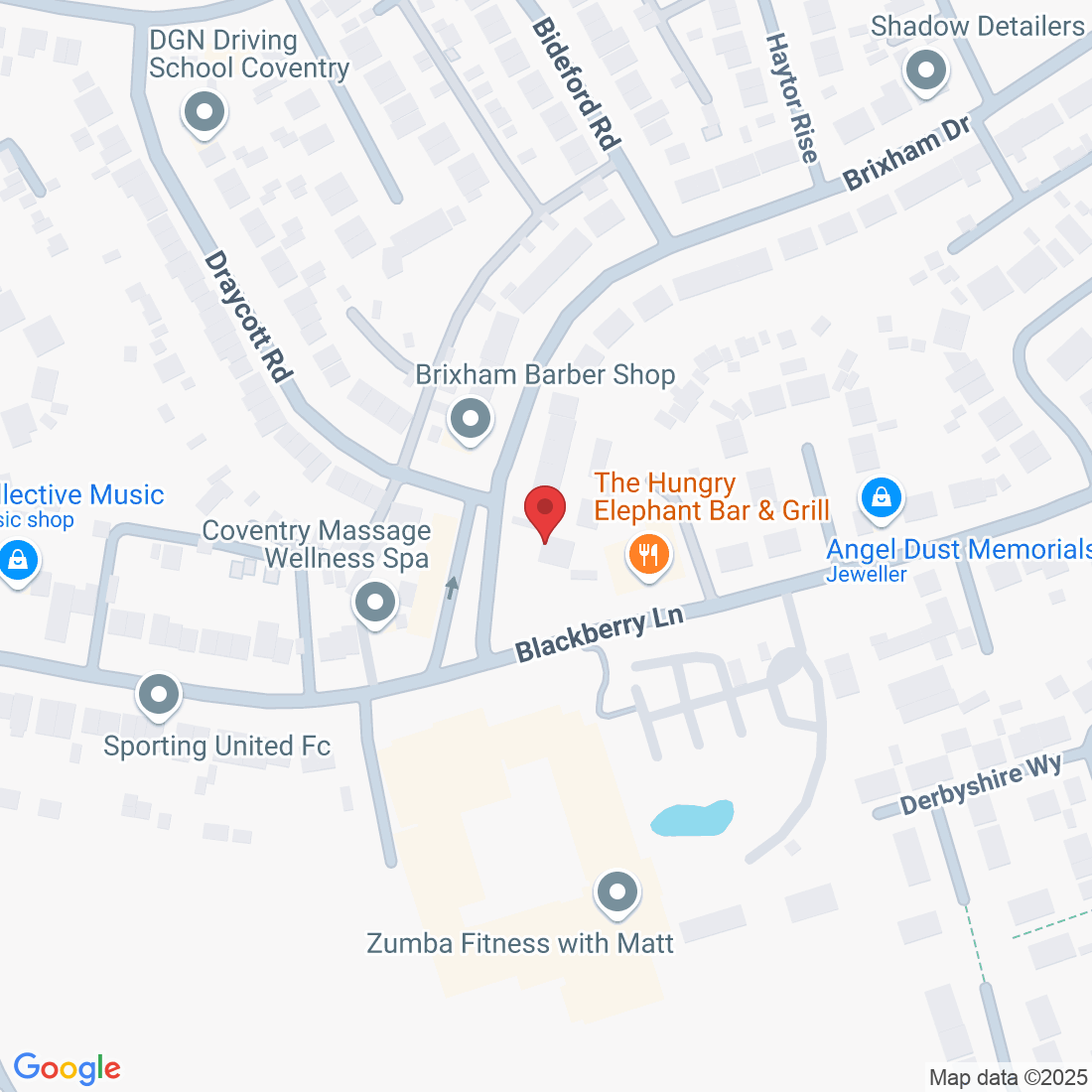
Why Your Knees Hurt When Squatting (And What to Do About It)
Squats are one of the best exercises for building strength, power, and stability. They work your legs, core, and even your back—but for some people, squats come with an unwanted side effect: knee pain.
If you feel a sharp twinge, a dull ache, or stiffness in your knees when squatting, you’re not alone. The good news is, there’s usually a clear reason why it’s happening—and once you know the cause, you can fix it.
Common Reasons for Knee Pain When Squatting
1. Poor Technique
Leaning too far forward, letting your knees cave inward, or allowing your heels to lift off the ground can all increase strain on your knees.
2. Weak Supporting Muscles
If your quads, hamstrings, glutes, or hips aren’t strong enough, your knees end up doing more work than they should.
3. Tight Muscles
Tight hip flexors, hamstrings, or calves can change the way you move during a squat, forcing your knees into awkward positions.
4. Overtraining or Sudden Increases
Adding too much weight or volume too quickly can irritate the soft tissues and joints in your knees.
5. Old Injuries or Imbalances
Previous injuries—even in your ankles or hips—can alter your squat mechanics, putting extra stress on your knees.
What You Can Do About It
1. Check Your Form
Keep your chest up, core engaged, and weight evenly distributed through your feet. Your knees should track in line with your toes, not cave in or flare out too far.
2. Strengthen Key Muscles
Focus on building your quads, hamstrings, glutes, and hip stabilisers. Exercises like lunges, glute bridges, and step-ups can help.
3. Improve Flexibility and Mobility
Stretch your hips, calves, and hamstrings regularly. Foam rolling can also help release tight muscles that affect squat depth and form.
4. Reduce Load Temporarily
If you’re lifting heavy, try lowering the weight and focusing on technique before gradually building back up.
5. Get a Professional Assessment
A sports therapist can assess your squat mechanics, identify weaknesses or imbalances, and give you a tailored plan to get back to squatting without pain.
When to Seek Help
If your knee pain is sharp, swelling, or doesn’t improve after a week of rest and light activity, it’s time to book an assessment. Addressing the root cause early can prevent long-term problems.
Final Thought:
Knee pain doesn’t mean you have to give up squats—it just means something needs to change. With better technique, stronger supporting muscles, and the right recovery strategy, you can get back to squatting pain-free and stronger than ever.
Ask Abid And His Team
Fill in the form to request a Call From Our Team
One of our team will call you for FREE and answer any questions or concerns you may have about your uncomfortable Foot Pain
© Copyright 2022. Biomechanix Clinic Ltd. All rights reserved.





